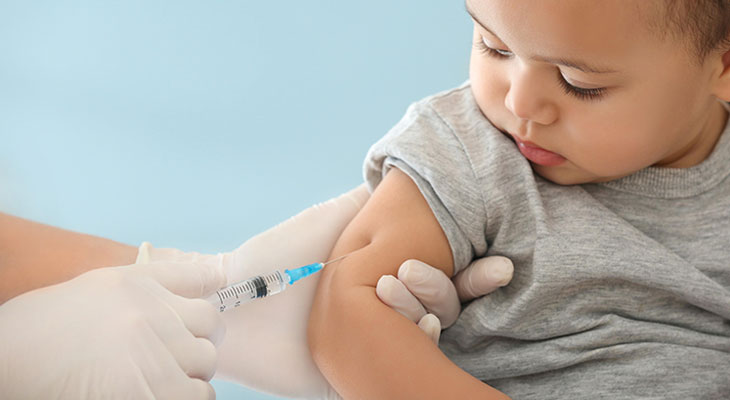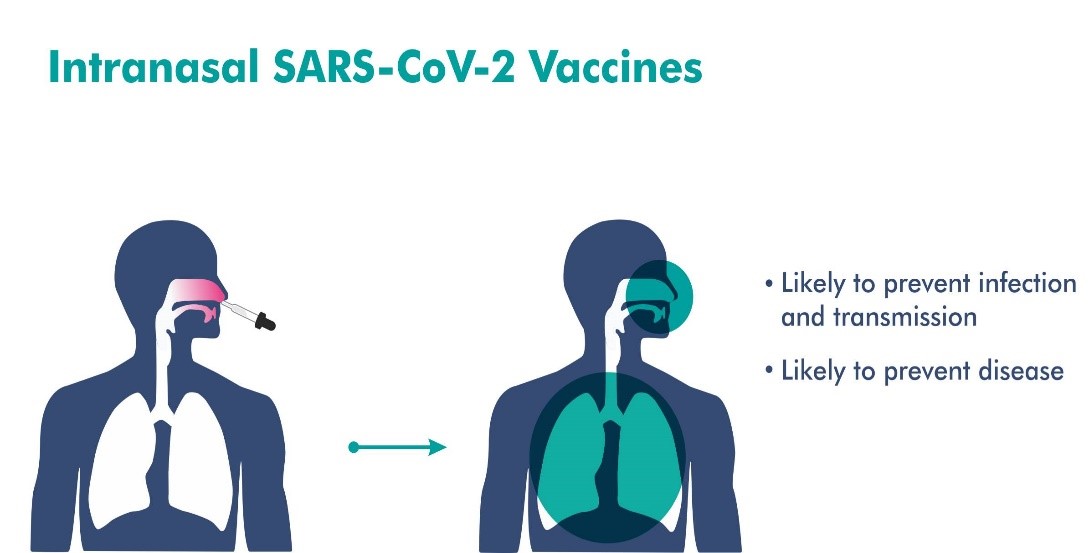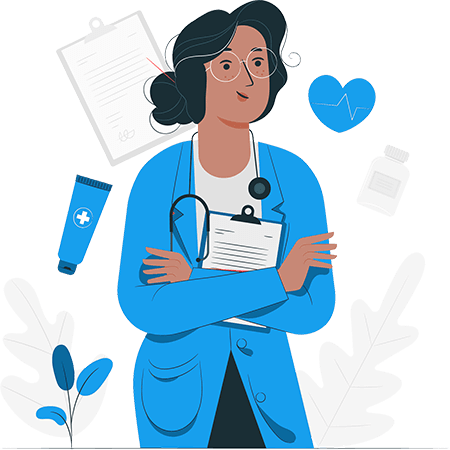If you are traveling- It’s Vaccination time
Flu (Influenza):
Flu is a common infection caused by influenza virus.
Transmission:
Flu virus enters the body through eyes, nose and mouth.
- When an infected person coughs or sneezes, they release many tiny droplets of flu virus which can reach eyes, nose or mouth of the person standing near to them.
- It is also spread by touching the surfaces which contains the infected droplets, so when you touch these surfaces you can transfer the virus to your body.
- Crowded places and poor hygiene increase the risk of getting affected by the virus.
The risk of getting infected with flu is reduced by:
- practicing good respiratory and hand hygiene
- getting vaccinated.
Vaccination:
Centers for Disease Control and Prevention recommends that everyone six months and older get a flu vaccine yearly.
There are effective vaccines available against flu.
There are numerous strains of influenza virus, and each year different ones appear which may lead to infection.
- This is the reason why flu vaccine needs to be given every year as the vaccine is modified every year, so it will provide protection against the strain causing infection that year.
The vaccine protects against complications associated with influenza and reduces the risk of hospitalization and death according to CDC. Even though you suffer from flu after getting vaccinated, symptoms are less severe.
Symptoms of Flu:
- Fever
- Sore throat or cough
- Stuffy or runny nose
- Body ache
- Headache
- Tiredness
- Vomiting and diarrhea (common in children)
Do you need a flu vaccine while traveling?
People who have not got flu vaccine for the current season and are traveling to the parts of the world where flu season is existing, they should get a flu vaccine to protect themselves against flu virus during their trip.
The risk of exposure to influenza virus depends on the time of the year and destination of travel or if they are traveling with increased risk of influenza circulation during the trip such as:
- As a part of large tourist groups (including older people) and people from other parts of the world; flu outbreaks could occur any time of the year if you are exposed to strains circulating abroad.
- Cruise passengers
- Who are participating in mass gatherings (religious pilgrims or sports events)
If you have vaccinated recently against influenza, check whether the strain of the virus at your destination is covered by the vaccine you have received.
- In northern hemisphere flu season begins as early as October and can last until April or May.
- In the temperate regions in the southern hemisphere, flu occurs from April to September.
- In the temperate regions flu occurs throughout the year.
People should get vaccinated at least 2 weeks before travel as it takes 2 weeks for the immunity to develop after the vaccination.
Drop your idea of traveling if you are sick with flu like symptoms.
- Stay home until you are fever free for at lease 24 hours without using medications.
High risk travelers such as children, pregnant women, immunocompromised and those with HIV, and travelers with underlying health conditions, should receive vaccine before travel.
Before travel discuss about antiviral medication and other flu medications with the health care provider.
Preparation for Travel:
Research on the current flu activity in your area of travel.
Centers for Disease Control and Prevention provides updated information on seasonal flu activity throughout the world.
Travel resources:
CDC: Traveler’s Health Website
CDC: Traveler Information Center
Precautions to take to stay happy and healthy during your trip:
During your travel, follow the guidelines and practice healthy habits.
- Avoid contact with people, if they are sick
- Wash your hands with soap and water frequently and specially after sneezing and coughing.
- Use hand sanitizer, if there is unavailability of soap and water.
- When you cough or sneeze, cover your mouth and nose with a tissue and dispose the tissue properly. In case of unavailability of tissue, cough or sneeze into your upper sleeve.
After your Trip:
If after your travel you feel sick, closely monitor your health for 7 days and if you have fever, talk to your health care provider.
Treatment of Flu:
If you are fit and well, you can usually manage your symptoms at home by:
- You should drink plenty of fluids to keep yourself hydrated
- Resting and keeping warm
- Taking OTC drugs for managing the temperature
- Seeking medical advice if the symptoms gets worse.
However, to know more about flu vaccination while travelling, consult your Doctor or book a free consultation at INVC.
Sources:





